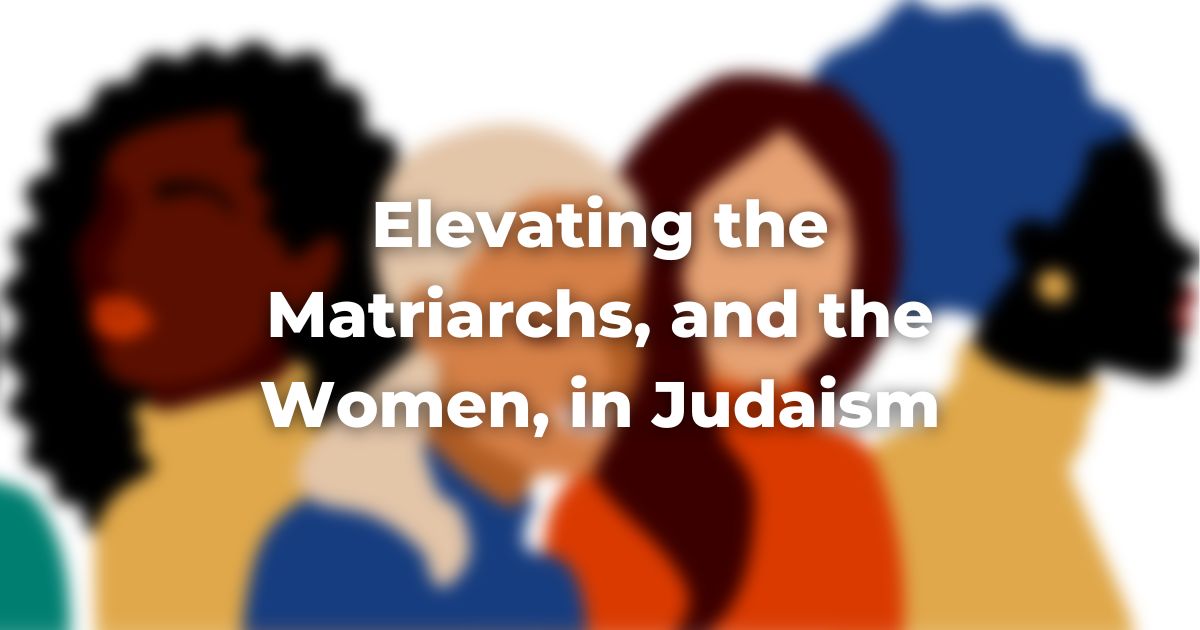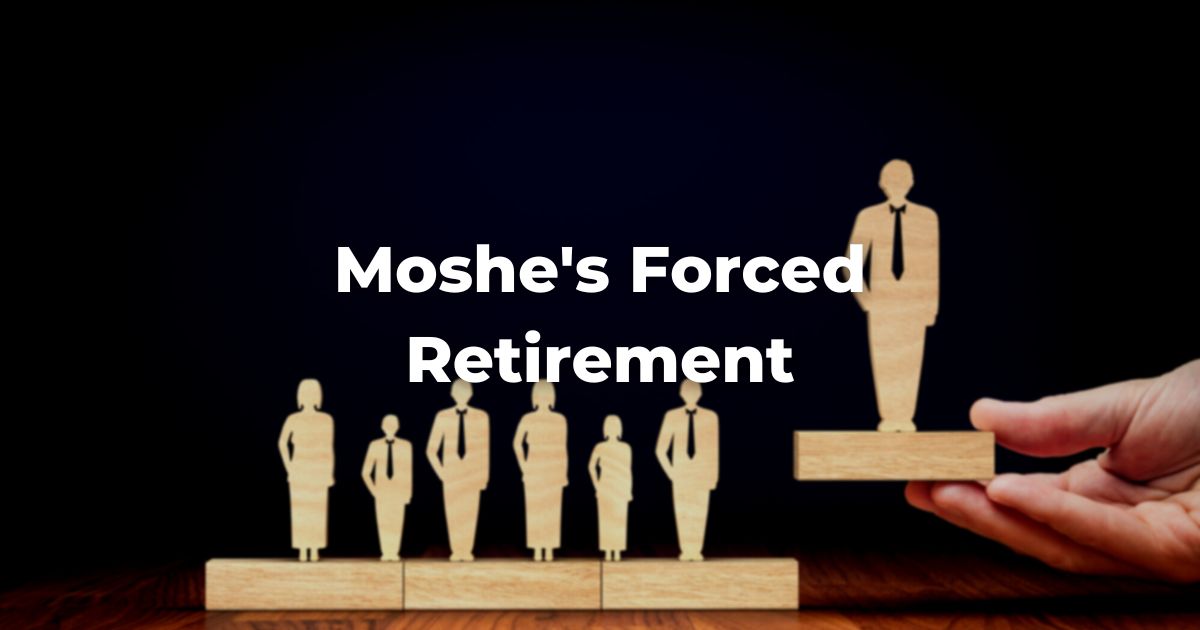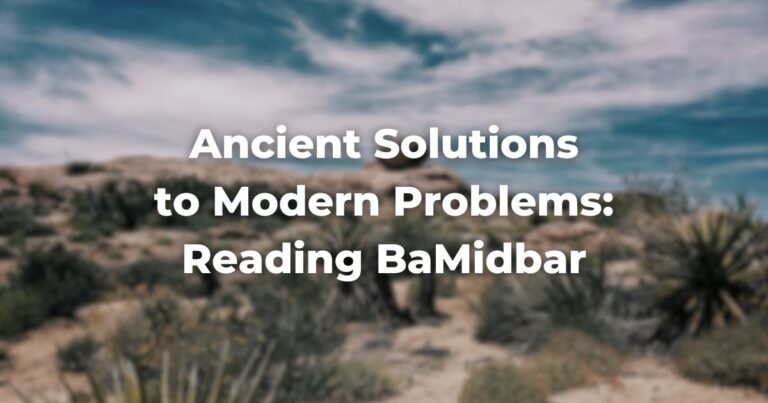The rabbis of the early eras of Judaism—the composers of the Talmud from 30 BCE to 500 CE and the Gaonic and Medieval rabbis from 500 CE to 1500 CE—were all men. And so, inevitably, they tended to elevate and highlight the men in the TorahRefers to the first five books of the Hebrew Bible, the Tanakh, also called the Five Books of Moses, Pentateuch or the Hebrew equivalent, Humash. This is also called the Written Torah. The term may also refer to teachings that expound on Jewish tradition. Read more.
To be fair, the Torah itself generally highlights the men in the stories and gives the women more “supporting roles,” shall we say.
Jacob is far more dominant a character than Rachel. Tzipporah doesn’t hardly rate compared to Moses. Still, the rabbis had a millennium and a half to create stories—called midrash—about the women.
Mostly, they didn’t.
So when I came across a midrashThis word is used in two ways, as both a concept and a literature. As a concept, midrash is the expansive interpretation of biblical texts. The term is used to describe the practice of rabbinic interpretation. As a text, it refers to specific collections of interpretations, particularly from the third to ninth centuries in the Land of Israel and Babylonia. Plural: Midrashim
Read more that includes BOTH the patriarchs AND the matriarchs this week from our current book of the Torah—Leviticus—I was intrigued.
Midrash Elevating Matriarchs
The midrash begins by noting that the beginning of the parsha, which deals with the sacrifice of a bull of the herd, a ram for an offering, and two goats for atonement, correspond perfectly to Abraham, Isaac, and Jacob.
Abraham brings a calf to his three guests in a story in Genesis 18; Isaac was replaced as a sacrificial offering by a ram in the Akeidah story of Genesis 22; Jacob deceives his father with stew made from two goats in Genesis 27.
And then the midrash, Leviticus Rabbah 21:11, has its great feminist pivot when it asks:
“All I have here is the patriarchs. Where are the matriarchs?”
The text resolves this by citing Exodus 30, where we learn that the incense brought at the temple had four ingredients: drop-gum, onycha, galbanum, and clear incense. The four ingredients correspond to Sarah, Rebecca, Leah, and Rachel.
It’s a small moment, but an important one. Because often we ask in Jewish texts and tradition, “Where are the women?”
Women have come far in our tradition. They are rabbis and cantors and shul presidents. They read Torah and take aliyot and lead services. The genders are, at least ideally, equals in Conservative Judaism.
Elevating the Matriarchs for the Women of Today
We should look back and be proud of this—it wasn’t always this way. Women only became rabbis in our movement beginning in 1985.
But that means that women’s voices in Judaism—in creative literature like midrash and legal reasoning like halacha—are still overwhelmingly male. Until women have equal representation for a long period of time, the voices of our tradition will continue to be made up of men. Being a male myself, I can’t help this too much.
The best I can offer is to try harder to elevate and provide the voices of women in our tradition when I find them for us—to provide the incense alongside the bulls, rams, and goats.
It’s nice to say “women are equal.” But representation matters. We need to cite women as academic and religious sources; to read women authors; to center our narrative on all genders whenever possible.
The Torah and the midrash here is telling us a deeper truth; that the offerings are only complete when all genders are included. Indeed, there is no offering without the incense, and no incense without the offering.
Author
-

Mark Asher Goodman is spiritual leader and rabbi to congregations in both Erie and Pittsburgh, PA. He takes particular inspiration from the hassidic tradition, which attempts to make the Torah relevant on an individual and personal level. He is the author of recent book "Life Lessons from Recently Dead Rabbis: Hassidut for the People."
View all posts https://a.co/d/3VmhJPz






